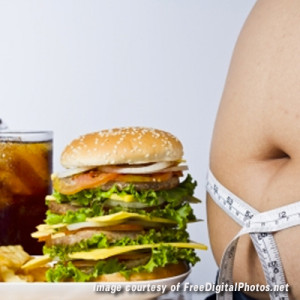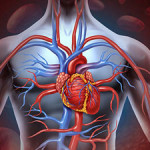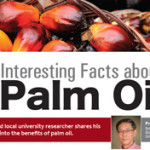EU Ponders Ban on Trans Fats
The dangers surrounding the consumption of trans fats have been known for decades, including its association with an increased risk of coronary heart disease.
Trans fats are naturally present in food products made from ruminant animals – such as dairy and meat from cattle, sheep or goat – but can also be produced industrially. Partially-hydrogenated vegetable oils (PHVOs) are the primary dietary source of trans fats, as they are used in products such as margarines, shortenings and bakery products.
The European Food Safety Authority stated in 2010 that trans fats intake ‘should be as low as is possible within the context of a nutritionally adequate diet’. Austria, Denmark, Hungary and Latvia have effectively banned trans fats, as the permitted level is highly restricted.
Many manufacturers have voluntarily reformed food formulations. Most food in the EU now has less than 2% of trans fats per 100g of fat, but this varies widely between countries. There is not yet a region-wide ban – instead, the EU is developing rules to address labelling of foods containing trans fats.
Rules on the provision of food information to consumers are contained in Regulation (EU) No. 1169/2011 (FIR). Under Article 30(7), the European Commission (EC) was required to undertake a Report on Trans Fats and in the diet of the population by Dec 13, 2014 and, if appropriate, to include a legislative proposal.
On Dec 3, 2015, the EC adopted the Report. The aim was to assess the impact of appropriate means to enable consumers to make healthier dietary choices; or of instruments that promote healthier food options including information on – and restriction of – trans fats.
Findings and recommendations
The Report said little progress has been made in certain parts of the EU; also, in foods like popcorn and biscuits, up to 50% of the fat content comes from trans fats. In some eastern and south-eastern European countries, the trans fats level in pre-packaged biscuits, cakes and wafers has not dropped meaningfully since the mid-2000s.
Although the average trans fats intake in the EU is below the recommended level, this cannot be said for all groups of the population. The Report outlined approaches toward limiting the level and intake:
- Legislative measures may include limiting trans fats either at the ingredient level or in the final product; or mandatory content information on trans fats in nutrition declarations.
- Voluntary measures include reformulation or – where allowed – the inclusion of information on trans fats in nutrition declarations.
- Governments may issue dietary recommendations on the maximum amount of trans fats and relevant food sources of trans fats.
The Report says the available evidence indicates that all existing strategies against trans fats appear to be associated with significant reductions. National and local prohibitions are most effective at eliminating trans fats. Mandatory labelling and voluntary limits have had a varying degree of success, depending on the food category.
The Report suggests that setting a legal limit on the level of trans fats would be the most effective measure in terms of public health, consumer protection and compatibility with the single market.
- Consumers would be systematically provided with healthier food options without needing to distinguish products with lower trans fats levels.
- Potential public health benefits would be the highest as all products would be covered and all population groups would benefit from the reductions.
The EC has since said that the way in which such legal limits could be put into practice, on a technical level, would require further investigation.
The Report did not include a legislative proposal. Instead, a steering group within the EC is preparing the launch of an impact assessment exercise to collect more information for analysis, as well as to carry out public consultations. Both initiatives will be launched this year. Stakeholders thus have an opportunity to support an overdue ban on trans fats, and improve health and economic conditions.
Role for palm oil industry
The palm oil industry could play a major role through participation in the legislative process, as well as through educational campaigns to correct ill-informed health-related fears. Studies show that EU consumers appear to have relatively low awareness regarding the differences between PHVOs and fully hydrogenated oils which contain no trans fats.
A region-wide ban on trans fats would also benefit EU food business operators:
- The current lack of regulatory harmonisation is a burden as they may need to manufacture food with varying levels of trans fats.
- Although they could voluntarily reformulate food products, this could put them at a disadvantage against cheaper imported products that contain trans fats.
- Limiting trans fats could benefit international trade. According to the Report, ‘[s]hould no action be taken [….] difficulties might also arise for EU producers who are interested in access to the US market’, where trans fats are no longer ‘generally recognised as safe’.
Producers of healthy oils, such as the palm oil, should explore partnerships with consumers and businesses to address the issue of trans fats. They should monitor the development of the EC’s eventual legislative proposal to ensure that it properly accounts for all interests at stake.
FratiniVergano
European Lawyers










Leave a Reply